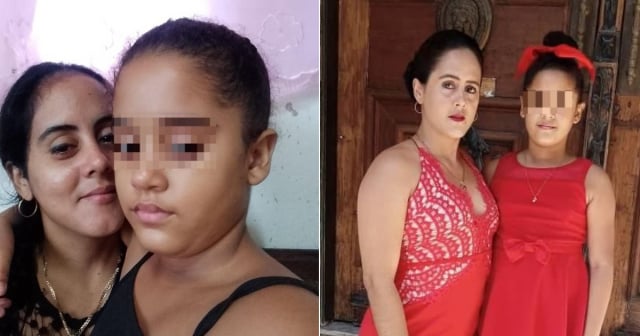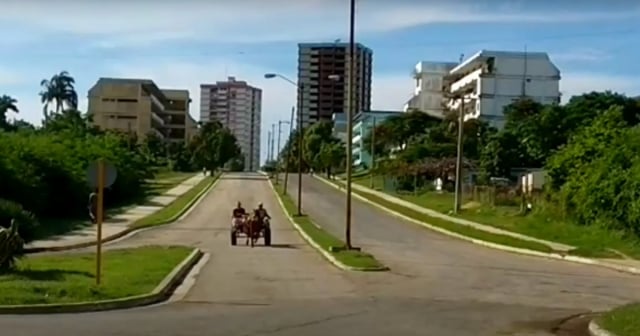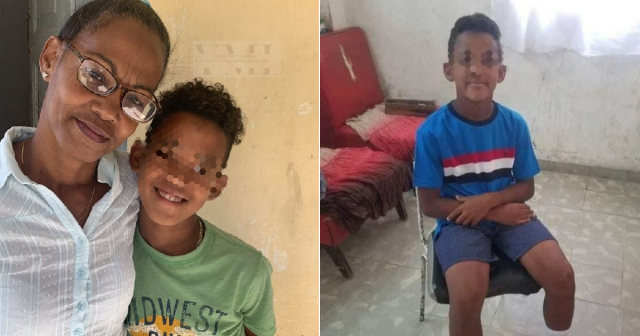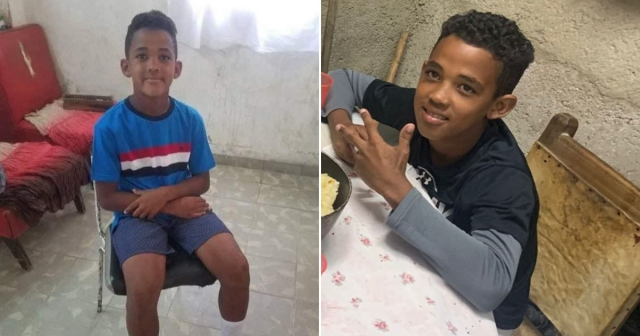The request for help Dyan Pérez Yanes, a child living in Havana, to reunite with his Cuban parents, who emigrated to the United States two years ago, has gone viral on social networks.
“President Biden, my mother and father live in the United States, I am a parole January, I miss them a lot, I can meet them,” were the words of the seven-year-old minor recorded by his grandmother, who has legal custody of him.
In conversation with his parents, the journalist from Univision Javier Diaz He was able to dig a little deeper into his history, which may be a reflection of many Cubans who wait for the long-awaited family reunification through legal means.
The child stayed in Cuba due to a refusal by the Panamanian authorities in the application for an airport transit visa.
The parents argued that it has been very problematic for them to have separated from the child because he is now presenting difficulties in behavior, interpersonal relationships, and studies.
“The child is in third grade and he doesn't assimilate anything, he doesn't know the products, we are taking him to private schools,” commented the father. Diango Perez.
They added that the minor is adapted to being with his parents and his little sister, who is also in the United States. “He wasn't like that, everything happened after we separated,” said his father.
Dyan's case is added to that of many other Cubans clamoring to reunite with their families in the United States, especially under the program parole humanitarian, which receives daily complaints about the slowness in processing files.
It was recently learned that the federal judge Drew Tipton of the court of Victoria, Texas, decided that The humanitarian parole program for Cuba, Venezuela and Haiti will be maintained.
The information published by News 23 of Univision points out that the judge's decision is based on the fact that the 21 Republican states that sued the federal government when this program began could not demonstrate that the parole had brought them significant damages.
The question that many are asking now is whether the support received from a federal judge in Texas will allow more agility in the resolution of cases.
However, a spokesperson for the Department of Homeland Security denied that the decision in favor of the parole humanitarian will mean speeding up the processing of cases.
"Since the program was announced we were very clear that 30,000 cases will be processed per month, and that is what has been done. That is to say, there will be no changes to the speed or how cases are processed: 50% according to the date of application and 50% at random," a spokesperson responded to a query made by Telemundo 51.
This means a call to remain calm and cultivate patience and faith.
What do you think?
COMMENTFiled in:






